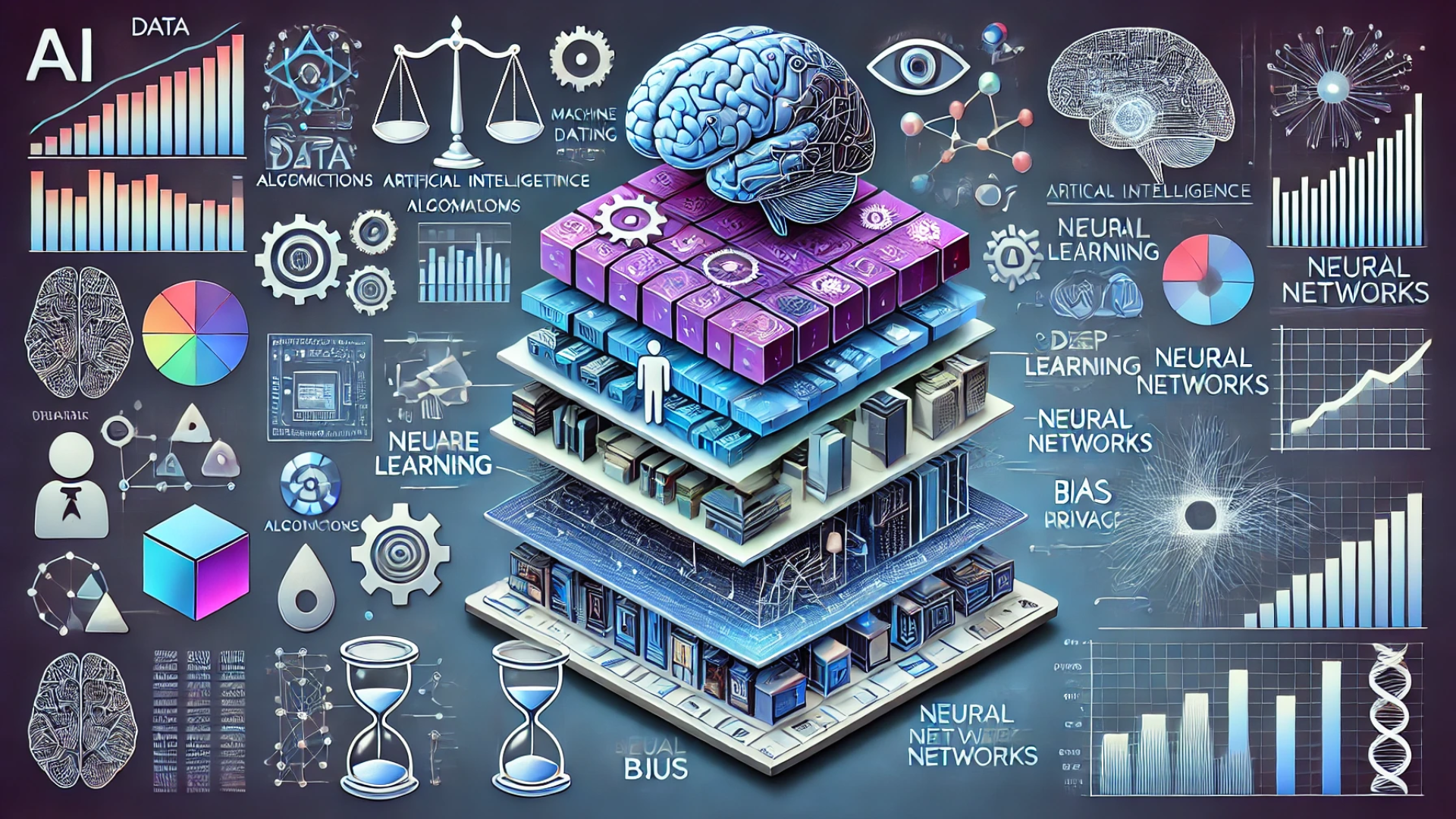
Artificial Intelligence (AI) isn’t just a buzzword; it’s a reality shaping our world in countless ways. From the gadgets we use to the jobs we do, AI is making things smarter, faster, and sometimes, more enjoyable. In this article, we’ll explore how AI is leading our generation, impacting our daily lives, work environments, and the future ahead.
What is AI?
AI refers to machines or software that mimic human intelligence. This can mean understanding natural language, recognizing patterns, solving problems, or making decisions. AI can be as simple as a chatbot answering questions or as complex as self-driving cars navigating busy streets.
How AI is Revolutionizing Coding you need to know
AI in Daily Life
AI is all around us, often in ways we might not even notice. Here are some common examples:
- Smart Assistants: Devices like Amazon’s Alexa, Google Assistant, and Apple’s Siri use AI to understand and respond to our commands.
- Streaming Services: Platforms like Netflix and Spotify recommend shows and music based on our preferences, thanks to AI algorithms.
- Online Shopping: Retailers use AI to suggest products we might like, making shopping easier and more personalized.
AI in the Workplace
AI is transforming how we work, helping businesses operate more efficiently and employees be more productive. Here’s how:
- Automation: Routine tasks like data entry, scheduling, and customer support can be automated using AI, freeing up time for more meaningful work.
- Data Analysis: AI can quickly analyze large amounts of data, providing insights that help companies make better decisions.
- Recruitment: AI-powered tools can scan resumes and identify the best candidates faster than human recruiters.
AI in Healthcare
Healthcare is one of the fields where AI is making significant strides:
- Diagnostics: AI can help doctors diagnose diseases more accurately by analyzing medical images or patient data.
- Treatment Plans: AI can suggest personalized treatment plans based on a patient’s unique characteristics.
- Research: AI accelerates drug discovery by predicting how different compounds will interact with diseases.
AI in Education
Education is becoming more personalized and efficient with AI:
- Adaptive Learning: AI-powered platforms adjust the difficulty of lessons based on the student’s performance, ensuring a tailored learning experience.
- Grading: Automated grading systems can quickly and accurately assess student work, providing instant feedback.
- Tutoring: AI tutors are available 24/7, offering help when students need it most.
The Future of AI
As AI continues to evolve, its impact on our generation will only grow. Some potential future developments include:
- Smart Cities: AI could manage traffic, reduce energy consumption, and improve public services in urban areas.
- Enhanced Creativity: AI tools could assist artists, writers, and musicians in creating new and innovative works.
- Advanced Healthcare: AI might predict and prevent diseases before they occur, leading to healthier lives.
Is English the New Programming Language?
Conclusion
Artificial Intelligence is more than just a technological trend; it’s a transformative force driving our generation forward. By making our daily lives easier, improving our workplaces, revolutionizing healthcare, and enhancing education, AI is setting the stage for a smarter and more efficient future. Understanding and embracing AI’s potential can help us navigate and thrive in this rapidly changing world.

